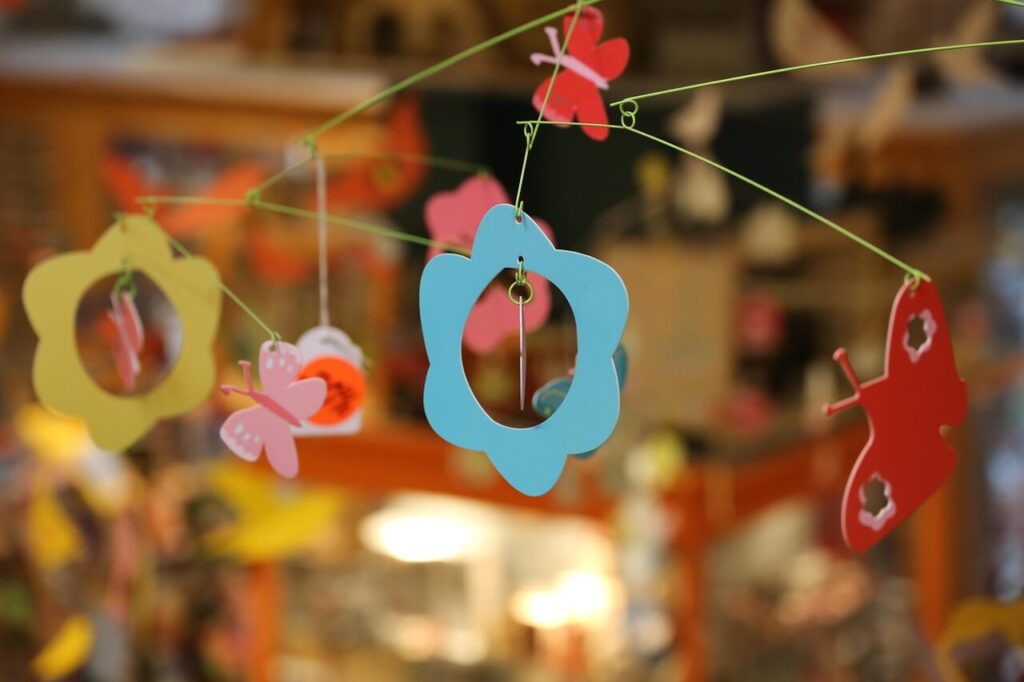No Materials Needed

The immediate aftermath of two years of pain and loss is a time of multiple, and even contradictory, emotions like joy, relief, and hope, as well as sadness, anger and more. This activity provides space to recognize, articulate and deal with the contradictory feelings that may be swirling in this moment.
On the intermediate Shabbat of Sukkot we read Kohelet (The Book of Ecclesiastes), which Jewish tradition ascribes to King Solomon. Kohelet takes a fatalistic view of life and famously talks about how there are designated seasons for all human emotions and activities.
A season is set for everything,
A time for every experience under heaven:
A time for being born and a time for dying,
A time for planting and a time for uprooting the planted…
A time for weeping and a time for laughing,
A time for wailing and a time for dancing…
A time for loving and a time for hating;
A time for war and a time for peace.
(Ecclesiastes 3)
For the full text in Hebrew and English, as well as additional commentary on Kohelet, see Sefaria.
Kohelet suggests that each emotion, each act, has its proper time, and that we move from one to the next in order. The Israeli poet Yehuda Amichai disagreed.
A Man in His Life / Yehuda Amichai
A man in his life has no time to have
Time for everything.
He has to hate and love all at once,
With the same eyes to cry and to laugh,
With the same hands to throw stones and to gather them…
For the full poem in English see here.
For the full poem in Hebrew see here.
For another contemporary poem, by Rabbi Oded Mazor, written in November 2023 as a response to both Kohelet and Yehuda Amichai, see here.
Amichai’s words suggest that life — especially in times like these — doesn’t allow for clean separation. We love and mourn, hope and rage, all in the same breath.
Reflect together:
Whose approach resonates more with you, Kohelet or Yehuda Amichai?
In this moment we are living through, which approach is more possible or realistic?
What is your own experience right now? Which emotions are surfacing for you, or in your communities?
What does it feel like to “hate and love all at once, With the same eyes to cry and to laugh”?
